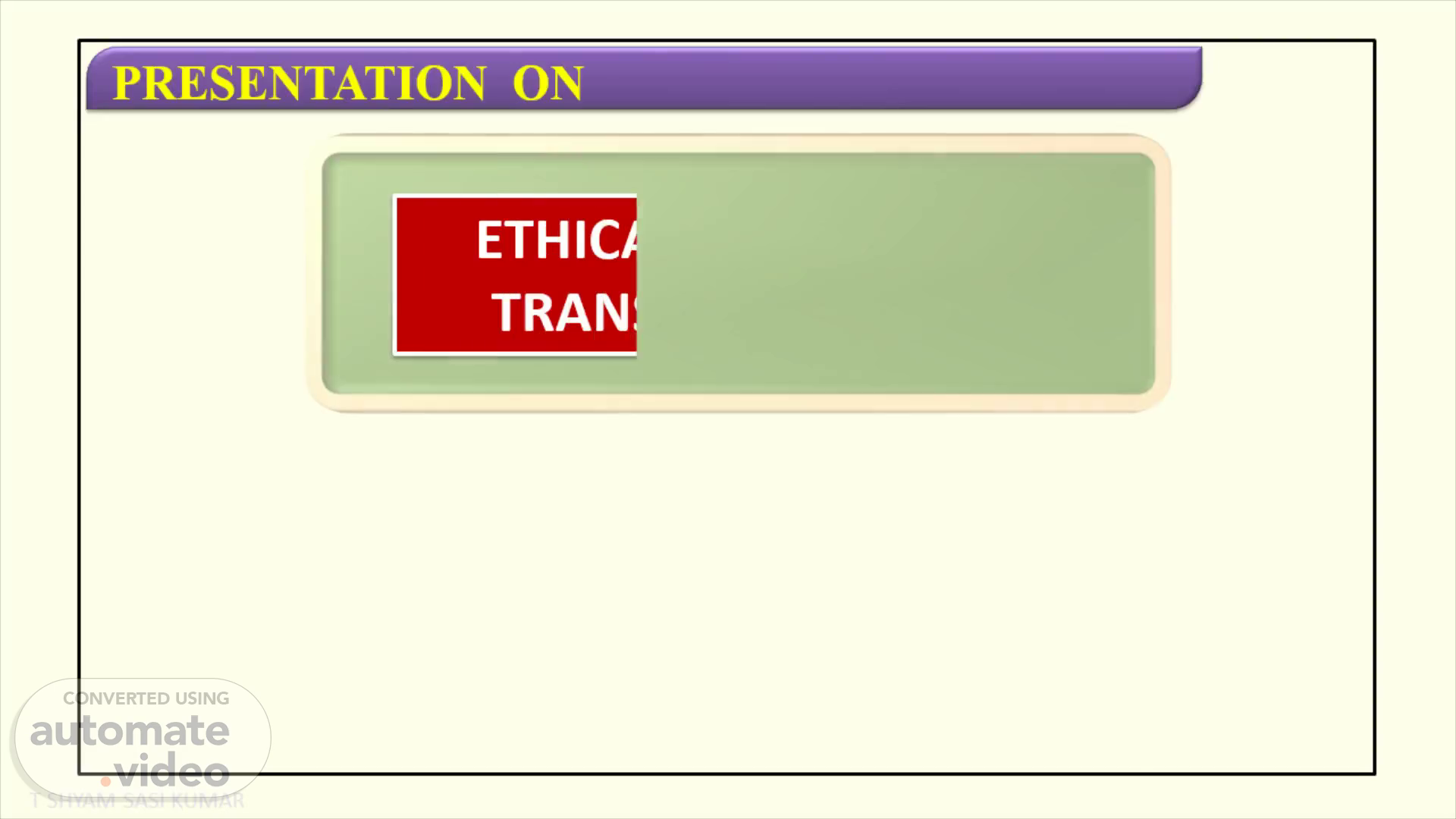Scene 1 (0s)
ETHICAL ASPECTS OF TRANSPLANTATION. Presented By T. SHYAM SASI KUMAR 1 st Year Gomel State Medical University.
Scene 2 (11s)
An organ transplant is a surgical operation where a failing or damaged organ in the human body is removed and replaced with a new one. The term “organ transplant” typically refers to transplants of the solid organs: heart, lungs, kidneys, liver, pancreas and intestines. Animal and artificial organs may also serve as transplantable organs..
Scene 3 (30s)
1954 living relating kidney transplant ( Dr. Joseph Murray and Dr. David Hume Boston) 1962 cadaveric kidney transplant by (Dr. Joseph Murray and Dr. David Hume Boston) 1963 lung transplant ( Dr. James Hardy Mississippi) 1967 liver transplant ( Dr. Thomas Starzl Colorado) and heart transplant(Dr. Christiaan Barnard South Africa) 1981 heart/lung transplant ( Dr. Norman Shumway California).
Scene 4 (49s)
Although the idea of organ transplantation is an old one, successful transplantation did not occur until the Twentieth Century. Today the transplantation of many organs between well-matched human beings is quite successful, with the majority of recipients living five or more years ..
Scene 5 (1m 11s)
Since many people can benefit greatly from organ and tissue transplants , the demand usually exceeds the supply. The costs related to some organ transplants are very high as well. From the standpoint of deontological ethics, the debate over the definitions of life, death, human, and body is ongoing. The use of cloning to produce organs with an identical genotype to the recipient has issues all its own. Cloning is still a controversial topic..
Scene 6 (1m 36s)
The ethical and legal issues related to organ and tissue procurement and transplantation are often discussed in light of such principles as.
Scene 7 (2m 5s)
Ethical Issues Regarding: The Donor The Recipient Allocation of Limited Resources Procurement of Organs and Tissues Informed consent Some Cases and Questions For Discussion.
Scene 8 (2m 16s)
Ethical Issues Regarding the Donor From the Deceased From Living Persons (Adults, related, nonrelated, Mentally Disabled, Minors) From Anencephalic Infants From Human Foetuses.
Scene 9 (2m 32s)
Ethical Issues Regarding the Recipient Should individuals who have abused their bodies through smoking, drinking, or diet receive new organs, or should organs only be given to those whose organs were damaged by illness? The recipients for the scarce organs are selected justly.
Scene 10 (2m 50s)
Criteria for Selection Allocation rules, defined by appropriately constituted committees, should be equitable, externally justified, and transparent Using Animals Artificial Substitutes for Tissues and Organs High Costs, Universality and Justice Distributive justice – How to fairly divide resources – Equal access –Maximum benefit.
Scene 11 (3m 7s)
Ethical Issues Regarding Procurement of Organs and Tissues Buying and Selling Human Organs and The vicious cycle – Needs money, has organ. – Has money , needs organ Tissues; Media Publicity Types of Consent (Voluntary or Expressed, Family, Presumed, Required Request, Routine Inquiry) Fears, Confusion and the Need for Education.
Scene 12 (3m 25s)
INFORMED CONSENT The laws of different countries allow potential donors to permit or refuse donation, or give this choice to relatives Opt in (only those who have given explicit consent are donors) Opt out " (anyone who has not refused is a donor). consent required by law deceased person objected Minors and legally incompetent people.
Scene 13 (3m 43s)
• Chest— Heart (deceased-donor only) V Lung (deceased-donor and living-related lung transplantation) V Heart/Lung (deceased-donor and domino transplant) • Abdomen — HUMAN Kidney (deceased-donor and living-donor) V Liver (deceased-donor and living-donor) V Pancreas (deceased-donor only) V Intestine (deceased-donor and living-donor) V Stomach (deceased-donor only) V Testis (deceased-donor and living-donor) v Penis (deceased-donor only).
Scene 14 (4m 1s)
Major Organs & Tissues Transplanted (contd..). • Tissues, cells and fluids— VHand (deceased-donor only) V Cornea (deceased-donor only) V Skin including face replant (autograft) and face transplant (extremely rare) V Islets of Langerhans (deceased-donor and living-donor) V Bone marrow/Adult stem cell (living-donor and autograft) V Blood transfusion/Blood Products Transfusion (living-donor and autograft) V Blood Vessels (autograft and deceased-donor) v Heart Valve (deceased-donor, living-donor and xenograft [porcine/bovine]) V Bone (deceased-donor and living-donor).
Scene 15 (4m 22s)
Some of the issues discussed included the following: definition of death, removal of kidneys from moribund but not yet dead patients, use of living kidney donors, ensuring consent for kidney removal in living donors is voluntary, organ markets, and economic barriers to transplantation. How best to organize organ transplantation, to increase the number of organ donors, allocate organs, and regulate transplantation and organ donation are constantly works in progress. Changes try to improve patient access, improve transplantation outcomes, and increase the number of transplants. As long as the shortage of organs continues, as it will for the foreseeable future, there will be ethical challenges to confront..
Scene 16 (4m 53s)
CONCLUSION. iftu-•rt T help v_3._., [kojrj than Oli' fch%c: ENATION DAY YOUR.
Scene 17 (5m 1s)
THANK YOU. My Daughter's Surgery: I'm Passionate About Organ Donation.
